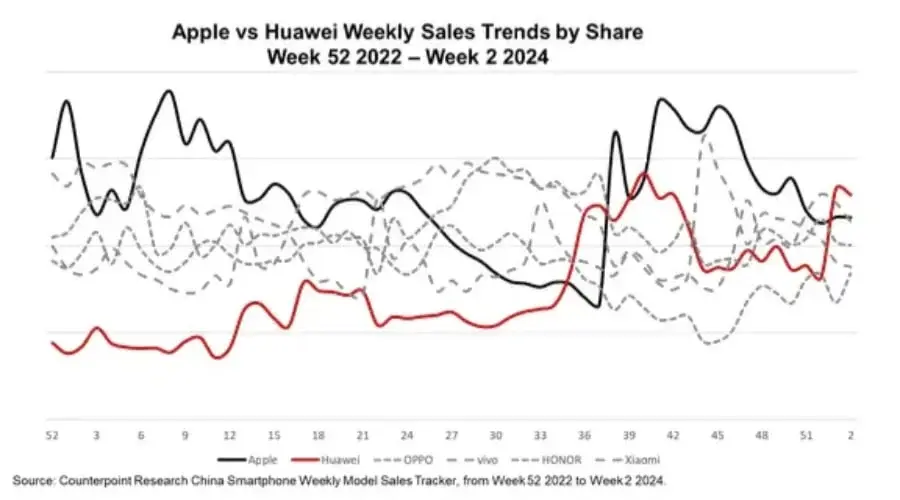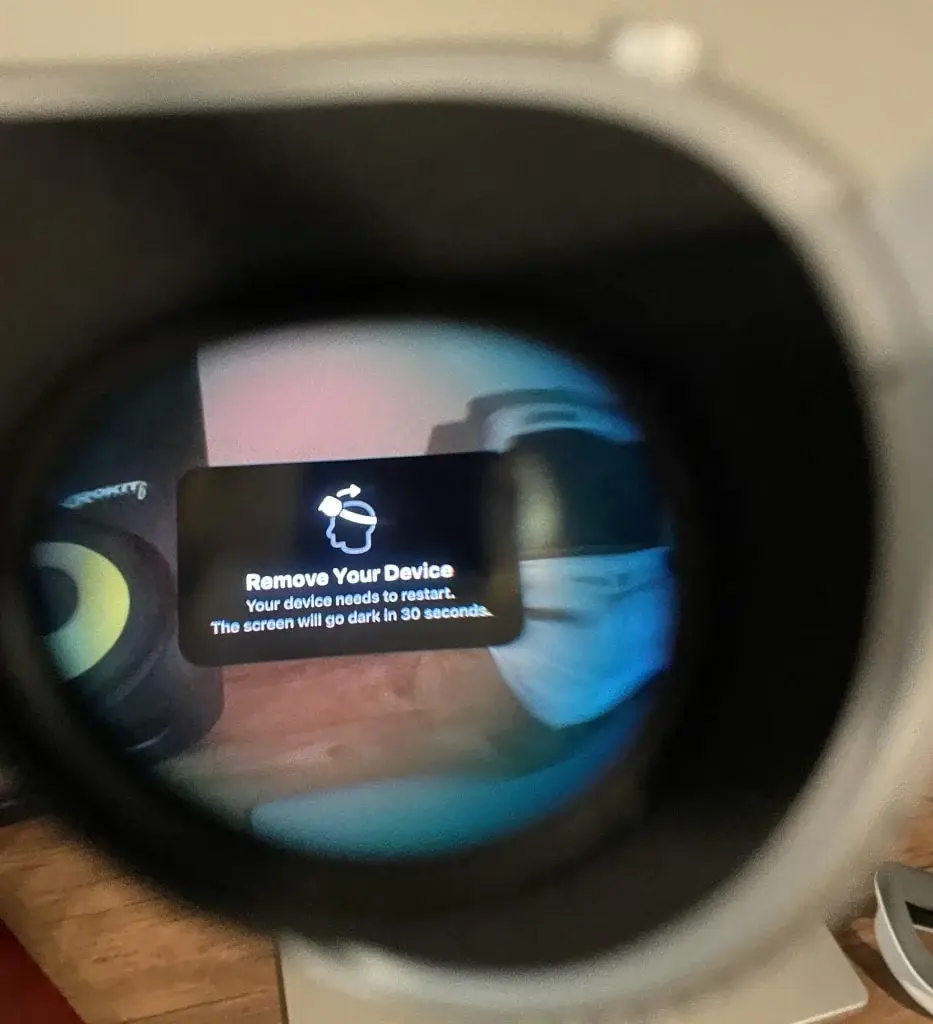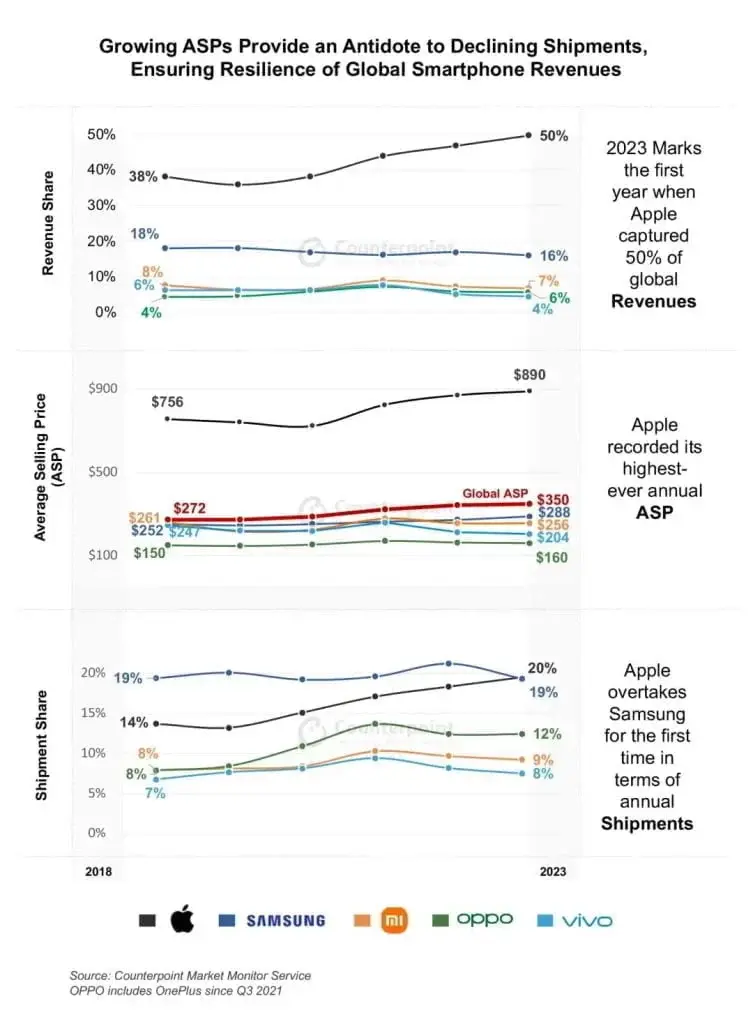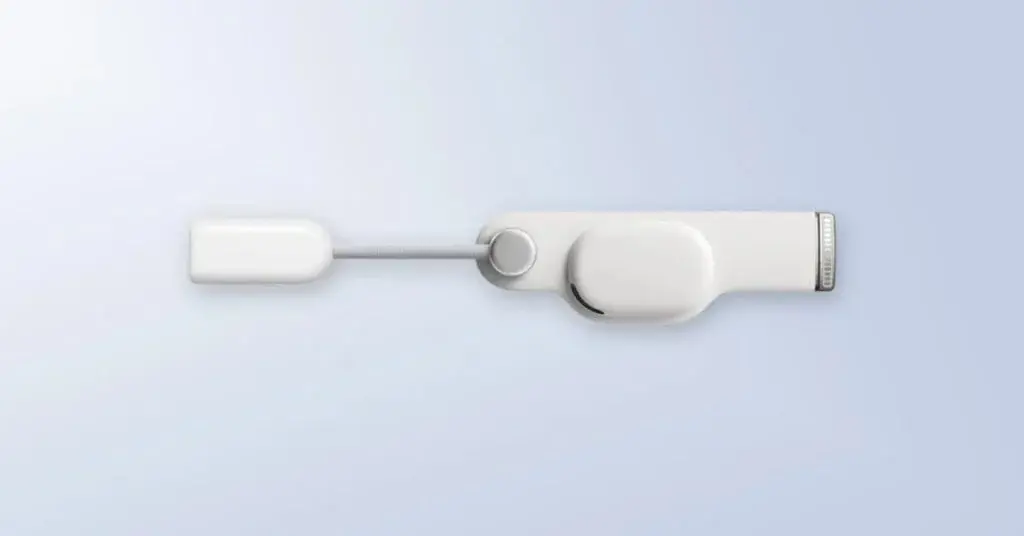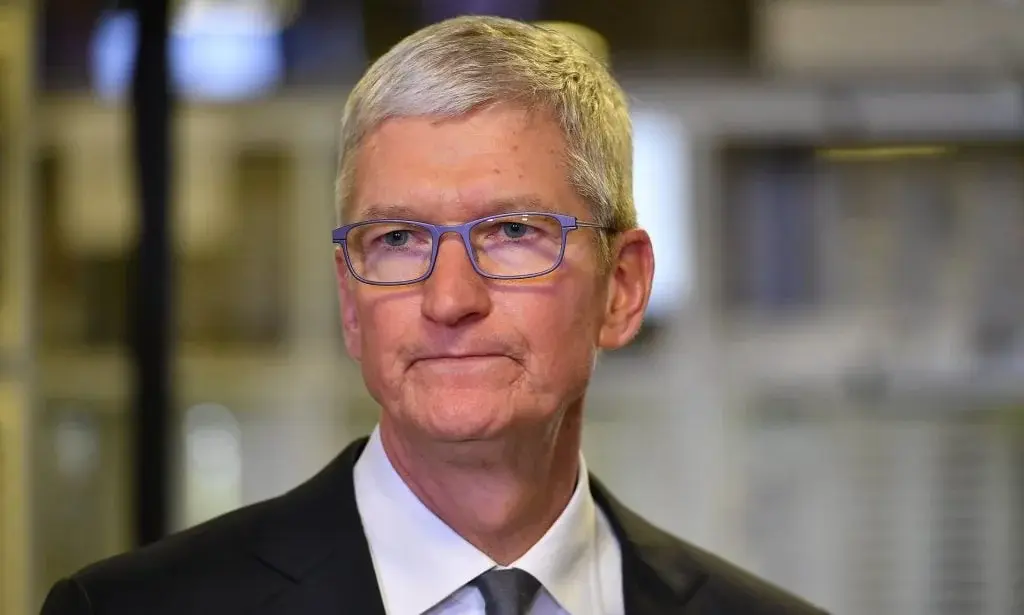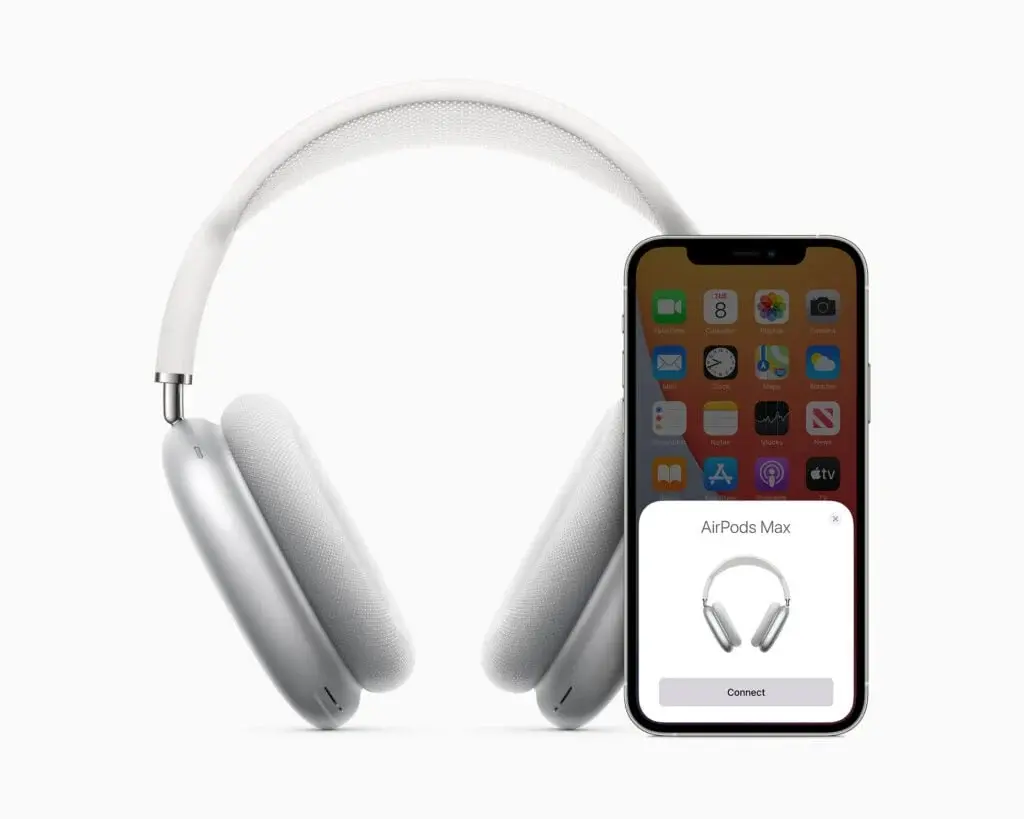OpenAI has introduced its ChatGPT app for the new Apple Vision Pro headset, featuring the GPT-4 Turbo model. This allows users to engage with AI through the headset in a highly immersive augmented reality (AR) setting.
ChatGPT App is Now Available on VisionOS
The ChatGPT app on Vision Pro enables users to communicate with the AI in various formats, including text, voice, and visual inputs. It’s one of the first applications to utilize visionOS, Apple’s operating system for the Vision Pro, designed for seamless integration of digital content with the real world.
The Apple Vision Pro includes advanced features such as Optic ID for biometric authentication through eye tracking and iris recognition, Spatial Audio for lifelike sound experiences, and VisionKit for app development. Although it’s not specified which features the ChatGPT app will use, there’s significant potential for enhanced AI interactions using text, speech, and visual inputs.
Integrating ChatGPT with Vision Pro
Integrating ChatGPT with Vision Pro marks a step towards more natural and intuitive interactions between humans and AI. Users can address complex issues or generate content by speaking instructions or showing problems to the AI via the headset’s camera. This integration could transform various tasks, from troubleshooting mechanical problems to meal planning and educational activities, through direct visual input.
Making ChatGPT available on Vision Pro is part of OpenAI’s strategy to extend its generative AI technologies across multiple platforms. ChatGPT was previously made available on iPhone and iPad, broadening user access.
The ChatGPT app is available for free on the visionOS App Store, with an optional subscription for advanced features and quicker responses. The store also offers over 600 other apps designed for a range of purposes, ensuring a rich ecosystem for Vision Pro users.


